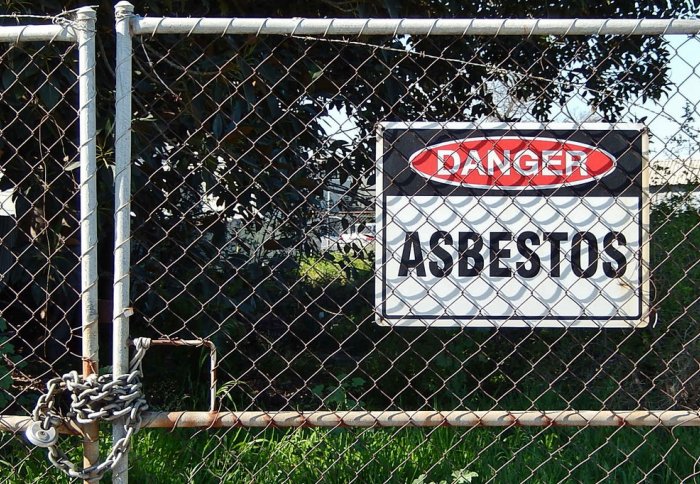Can a Centre of Excellence open the door for mesothelioma treatment?

A new National Mesothelioma Centre is to be launched by the National Heart and Lung Institute.
A new National Mesothelioma Centre is to be established by NHLI in collaboration with three other leading institutions thanks to a £5 million grant from The Chancellor of the Exchequer, George Osborne.
Mesothelioma is an aggressive cancer of the lining of the lungs, often caused by the inhalation of asbestos fibres. The UK currently has the highest incidence of mesothelioma in the world. We are currently reaching the peak of an epidemic of mesothelioma deaths with 2,500 deaths each year. It is estimated that there will be 60,000 to 75,000 further cases in the UK by 2050. Mesothelioma patients on average die within a year of their diagnosis. in contrast to many other cancers, treatments for mesothelioma are limited.
"To be successful cancer research centres require individuals of the highest academic ability working together"
– Bill Cookson
There is therefore an urgent need for new therapies to be developed to combat this disease. Modern genetics has already provided the basis for effective treatments for previously incurable conditions such as leukaemia and breast cancer. Until recently the research effort to improve mesothelioma care has been relatively neglected by funding agencies, although patient organisations and charities have been raising awareness in the UK and abroad. By taking a co-ordinated and focussed approach to research it is hoped that we can find answers to help fight this aggressive disease.
Many breakthroughs in cancer treatment have arisen because the Human Genome Project has made it possible to find the misfiring (mutated) genes that drive cancer, and to study how they alter the growth and spread of cancer cells. In contrast to other cancers, such as those of the breast and prostate, efforts to understand the mutations that drive mesothelioma (and lung cancer) have until recently been neglected and remain at an early stage.
Asbestos, particularly blue asbestos (crocidolite), was widely used until the mid 1960's as insulation material in Royal Naval ships. As a consequence, many Royal Navy personnel have died of mesothelioma, including those on board ships during refits. A recent estimate suggests that a further 2,500 Royal Naval personnel will die of mesothelioma between now and 2047. The current epidemic of mesothelioma cases in the UK is occurring primarily in carpenters, electricians and others working with asbestos insulation board in building construction.
The hub of the National Mesothelioma Centre will be four leading institutions who have a major interest in the treatment of lung diseases and cancer: National Heart and Lung Institute (NHLI) at Imperial College, Royal Brompton Hospital, Institute of Cancer Research (ICR), and the Royal Marsden NHS Foundation Trust. Between them these 4 institutions boast scientists with expertise in the discovery of the genetic mutations which cause cancer, including mesothelioma, and experience of developing novel therapies and bringing them into clinical practice. The NHS partner hospitals are national specialist centres and have mesothelioma patients referred to them from across the UK.
This hub will form the centre of a collaboration with other research institutions and hospitals in the UK where mesotheliomas are referred and treated. The Centre will also support the establishment of a National Mesothelioma Research Network to bring together all parties who are interested in treating this illness.
The structure and management of the Centre will be overseen by an advisory group that will chaired by Professor Sir Anthony Newman Taylor. Professor Bill Cookson will be the first Director of the Centre. Patient and family involvement will be central to all aspects of the research and the Centre will be integrated with, and draw from, existing clinical and patient networks. Professors Anne Bowcock, Miriam Moffatt and Bill Cookson will lead discovery research at Imperial College London and the NHLI, aimed at the underlying mechanisms of mesothelioma and lung cancer, identifying new targets for therapy and new diagnostics for patient stratification.
Image credit: Michael Coghlan under Creative Commons.
Article text (excluding photos or graphics) © Imperial College London.
Photos and graphics subject to third party copyright used with permission or © Imperial College London.
Reporter
Ms Helen Johnson
Communications Division